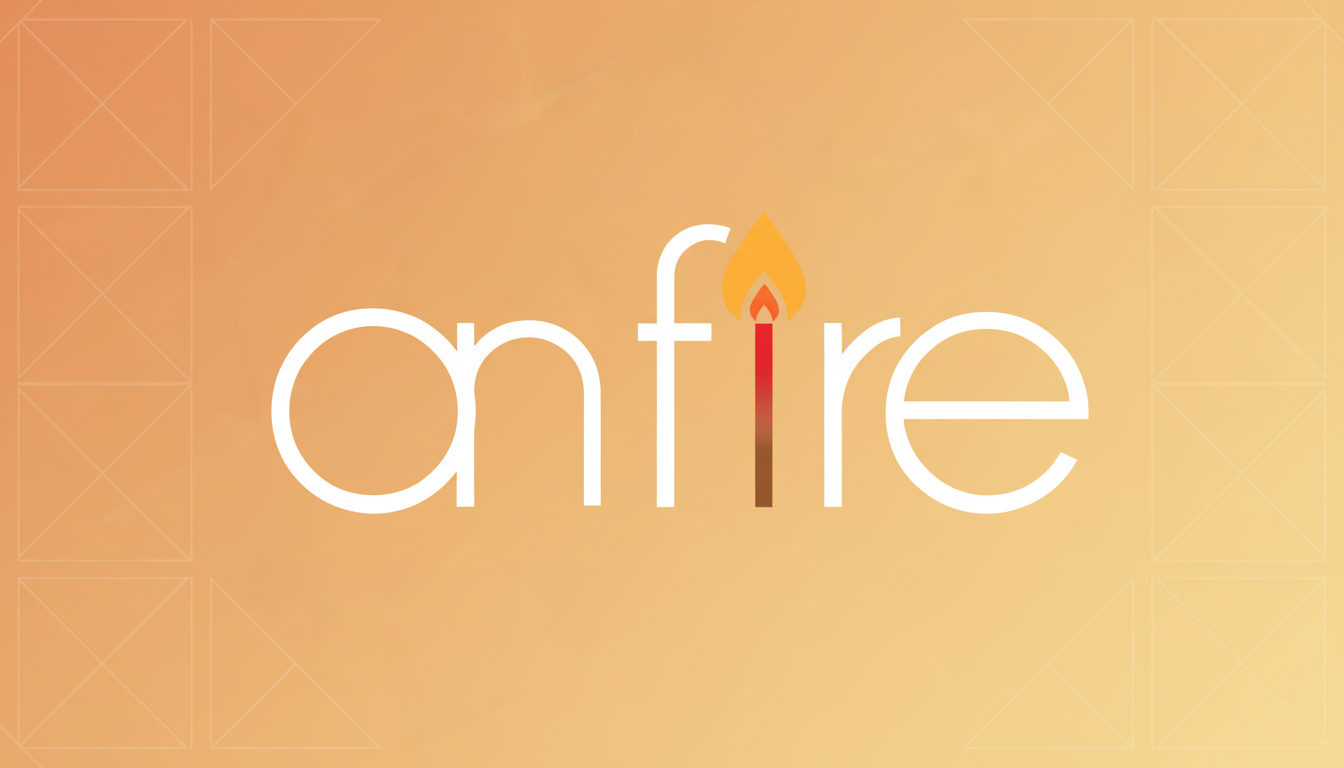Onfire, a startup that has built an AI platform to match on-product developer buying signals across public communities directly to B2B sales teams in the form of leads, has raised a $20M funding round led by Atomico.
Its data-first platform, the company claims, has already helped customers close more than $50 million worth of deals since its beta by surfacing conversations on sites where engineers go when they’re actually doing research and comparing tool sets.

Onfire’s early customers are infrastructure and security vendors like ActiveFence, Aiven, Cyera, Port and Spectro Cloud that tend to have deeply technical buyers with long buying cycles who rarely respond to generic outbound. The idea is simple: Identify real demand in the wild, map it to the appropriate accounts and decision makers and time outreach based on context — not guesswork.
How the signal engine works to surface developer demand
Developers send out messages about what they want, but they do not broadcast to vendors. Onfire constantly mines public forums (Hacker News, Reddit, Stack Overflow, open GitHub threads) to find mentions of pain points or vendor comparisons or stack changes. Then an AI layer does entity resolution for these conversations to make sense of the employer of a commenter and other budget owners and influencers around that topic.
The platform layers company context on top of these signals including stack composition, hiring patterns, product maturity and known budget cadences so sales teams can fine-tune messages.
The problem, the founders say, is that they built first their data fabric and then laid models on top of it to rank and route opportunities; personalization crumbles without durable, high-granularity data beneath it.
Why developer go-to-market efforts need better data
Product-led growth has opened up trials, but made converting enterprise deals more challenging in the absence of deeper context. Research from Gartner and Forrester has proven for years that the majority of B2B buyers favor self-serve discovery and peer recommendations over engaging with a sales rep. Stack Overflow boasts millions of developers, and Reddit’s developer and DevOps subs have turned into default research hubs — so intent signals are large but scattered.
Meanwhile, AI has democratized mass outreach and rendered it more affordable, inundating inboxes with lookalike sequences. And technical buyers, already dubious of spray-and-pray strategies, are screening more exhaustively. Onfire’s believers, which include investors in the company, say that by creating a new layer of data — tailored to software infrastructure users — that signal can be restored when timing, message and stakeholder map align.
Privacy and ethics questions raised by public data mining
Onfire’s founding team — CEO Tal Peretz, CTO Shahar Shavit and CPO Nitzan Hada — are graduates of an elite intelligence unit specializing in data analytics. That pedigree cuts both ways. The company’s strategy of connecting public forum behavior with employers and decision makers is likely to draw the attention — and perhaps concern — from privacy activists and platform moderators suspicious of off-platform profiling.

The startup says it is analyzing only public data and describes the outcome as more targeted, less noisy outreach — contacting fewer people with higher relevance. Even so, the gray areas exist. Best practice here generally involves respecting platform terms, not using sensitive attributes, providing opt-outs and focusing on company-level context rather than personal characteristics. How Onfire will operationalize guardrails, however, will inform uptake among wary suppliers.
Onfire’s potential moat against incumbent sales platforms
General-purpose CRMs and intent-data brokers measure website visits or content downloads, but developer intent often exists outside traditional funnels. Onfire sells a verticalized dataset that grows as more customers use it: every new signal annotation, win or loss, fine-tunes the model for similar accounts and types of problems. That flywheel, if defensible, represents the company’s moat against giants like Salesforce and HubSpot as well as horizontal AI sales tools.
That’s because the missing piece here has been high-fidelity buying context drawn from where engineers are actually talking.
Grove Ventures managing partner Lotan Levkowitz experienced this problem firsthand when he spent years tracking infrastructure go-to-market strategy as a partner for Battery and Head of Sales, EMEA at Varonis.
The firm believes that Onfire’s data-first approach is what sets it apart in an environment where many tools are adding AI wrappers without their own proprietary data underneath.
Where the new funding will be invested across teams
The fresh capital will support hiring in AI, R&D and sales. Onfire’s central engineering is still in Israel, with about 60% of the team there, but its go-to-market hub is in New York to be close to U.S. infrastructure buyers. Anticipate deeper integrations into CRMs and sales engagement platforms, more vertical-specific playbooks and broader coverage of niche forums where highly specialized intent lurks.
What to watch next: conversion lift from signal-driven outreach versus traditional sequences, time-to-first-meeting post-signal detection and expansion into adjacent categories like FinOps, observability and data tooling. If Onfire can make that a repeatable machine that turns public chatter into pipeline with less email and better win rates, developer-first salespeople will perk up.

